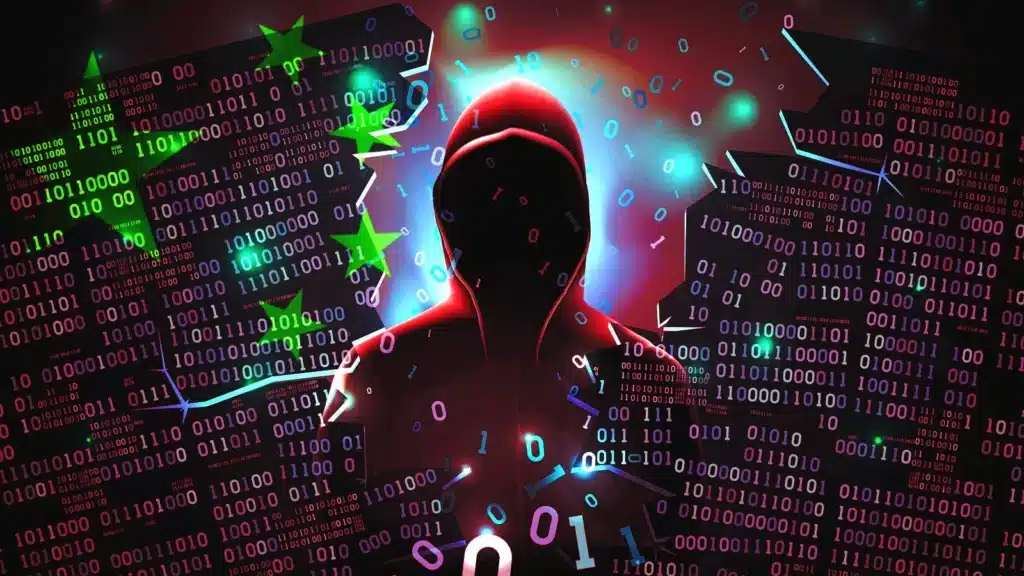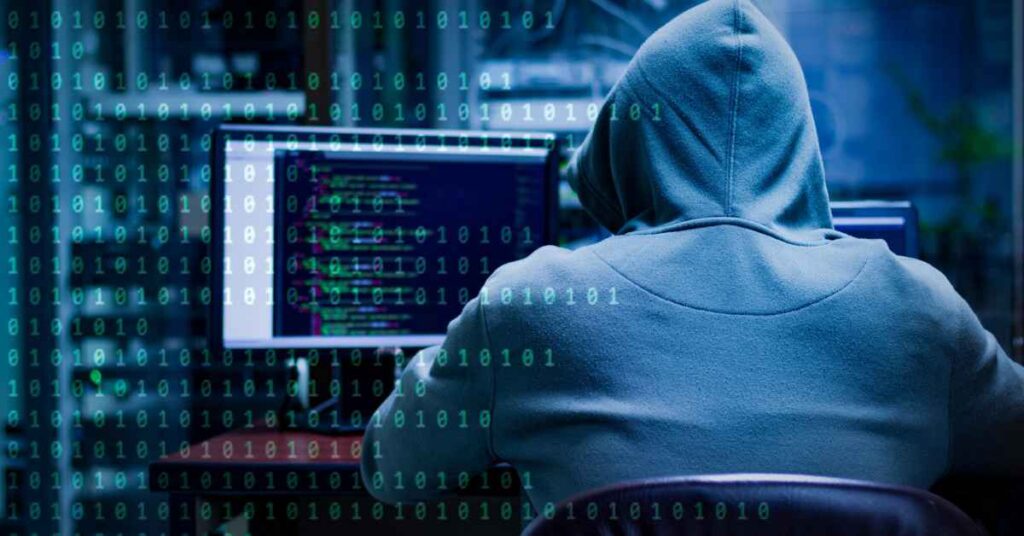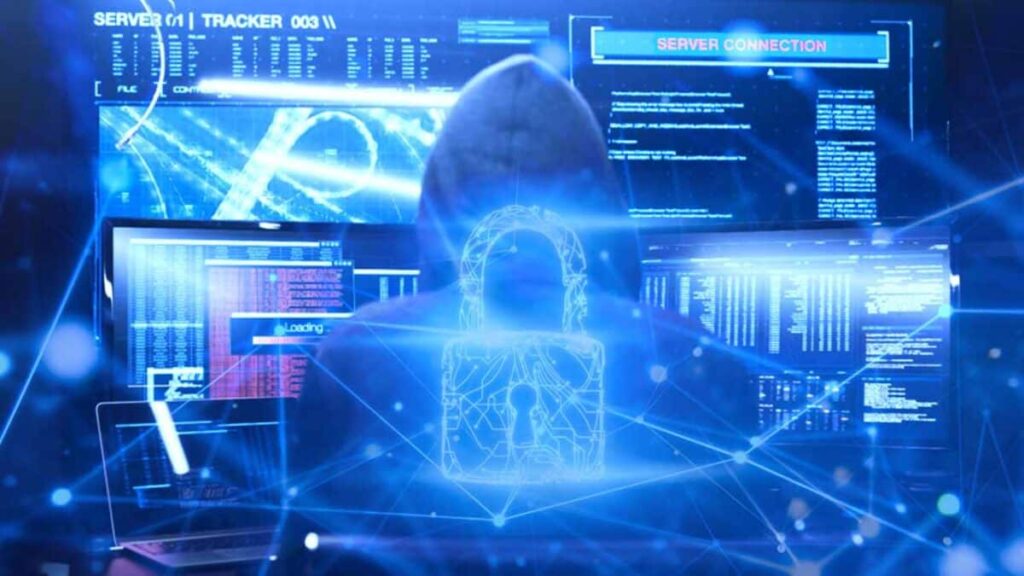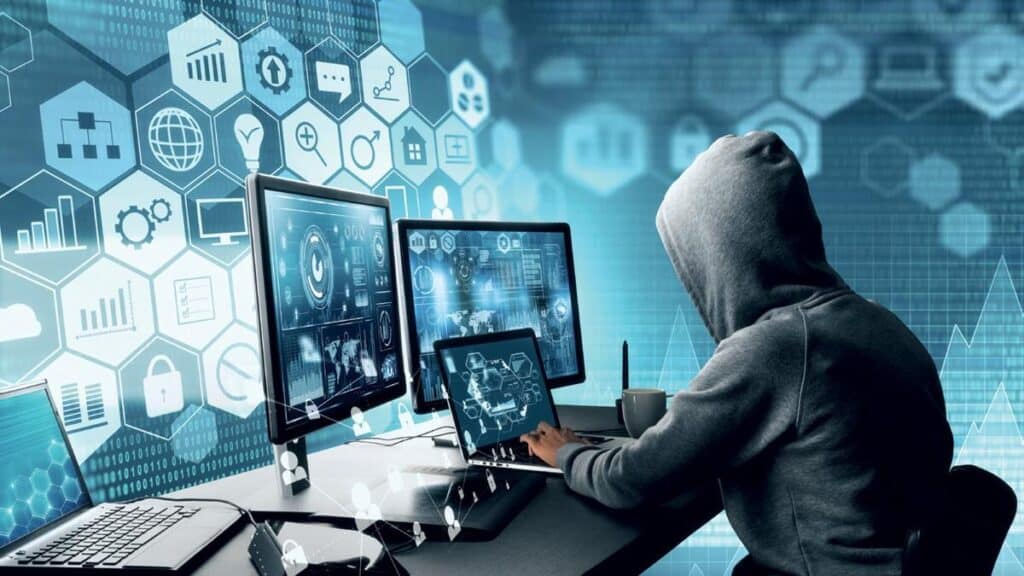As technology continues to advance at a rapid pace, so do the methods used by hackers to exploit vulnerabilities in computer systems and networks.
Hacking has become an increasingly sophisticated threat to the security of individuals and organizations alike. In this article, we will explore why hacking will be a major threat in the future and what steps can be taken to mitigate the risks.
Contents
Why Hacking Will Be a Major Threat in the Future?
As the world becomes more connected through the internet of things (IoT), the number of devices and systems vulnerable to hacking increases. From smart homes to self-driving cars, every connected device represents a potential target for hackers. In recent years, cyber warfare has become a significant concern for governments and military organizations. Nation-states and other actors use hacking as a means of espionage, sabotage, and warfare. With the increasing reliance on technology in modern warfare, the potential consequences of a cyber attack are severe.
One of the primary motivations for hackers is financial gain. Cybercriminals target financial institutions, businesses, and individuals to steal sensitive information and money. As technology continues to evolve, so do the methods used by hackers to exploit vulnerabilities in computer systems and networks. Many individuals and organizations do not take cybersecurity seriously. They fail to implement basic security measures such as strong passwords, encryption, and regular updates. This lack of awareness makes them easy targets for hackers.
What Can You Do To Mitigate the Risks?
Increase Cybersecurity Awareness
The first step in mitigating the risks of hacking is to increase cybersecurity awareness. Individuals and organizations must understand the importance of strong passwords, encryption, regular updates, and other basic security measures. This includes training employees on cybersecurity best practices and establishing clear policies and procedures.
Implement Multi-Factor Authentication
Multi-factor authentication provides an additional layer of security by requiring users to provide a second form of authentication in addition to a password, such as a code sent to their mobile phone. This can help prevent unauthorized access to sensitive information and systems.
Regularly Update Software and Security Patches
Software updates often contain security patches that address known vulnerabilities. Regularly updating software and security patches can help prevent hackers from exploiting these vulnerabilities.
Use Encryption to Protect Sensitive Information
Encryption is the method of encoding data so that it can only be read by authorized users. Make use of the encryption to protect sensitive data such as credit card numbers, login credentials, and personal information.
Conduct Regular Security Checks
Regular security checks can help identify vulnerabilities and potential threats before they can be exploited. Hire a security professional to conduct a thorough audit of your computer systems and networks.
Implement Firewalls and Other Security Measures
Firewalls and other security measures can help prevent unauthorized access to computer systems and networks. These measures can help detect and prevent hacking attempts.
Invest in Cybersecurity Insurance
Cybersecurity insurance can help mitigate the financial impact of a cyber-attack. It can help cover the costs of data recovery, legal fees, and other expenses associated with a cyber attack.
The Takeaway
Hacking will be a major threat in the future, and it is essential that individuals and organizations take action to mitigate the risks. By increasing cybersecurity awareness, implementing multi-factor authentication, regularly updating software and security patches, using encryption to protect sensitive data, conducting regular security audits, implementing firewalls and other security measures, and investing in cybersecurity insurance, we can help prevent hacking and protect our sensitive information and computer systems.
It is crucial that we act now to protect ourselves from the increasing threat of hacking in the future.




